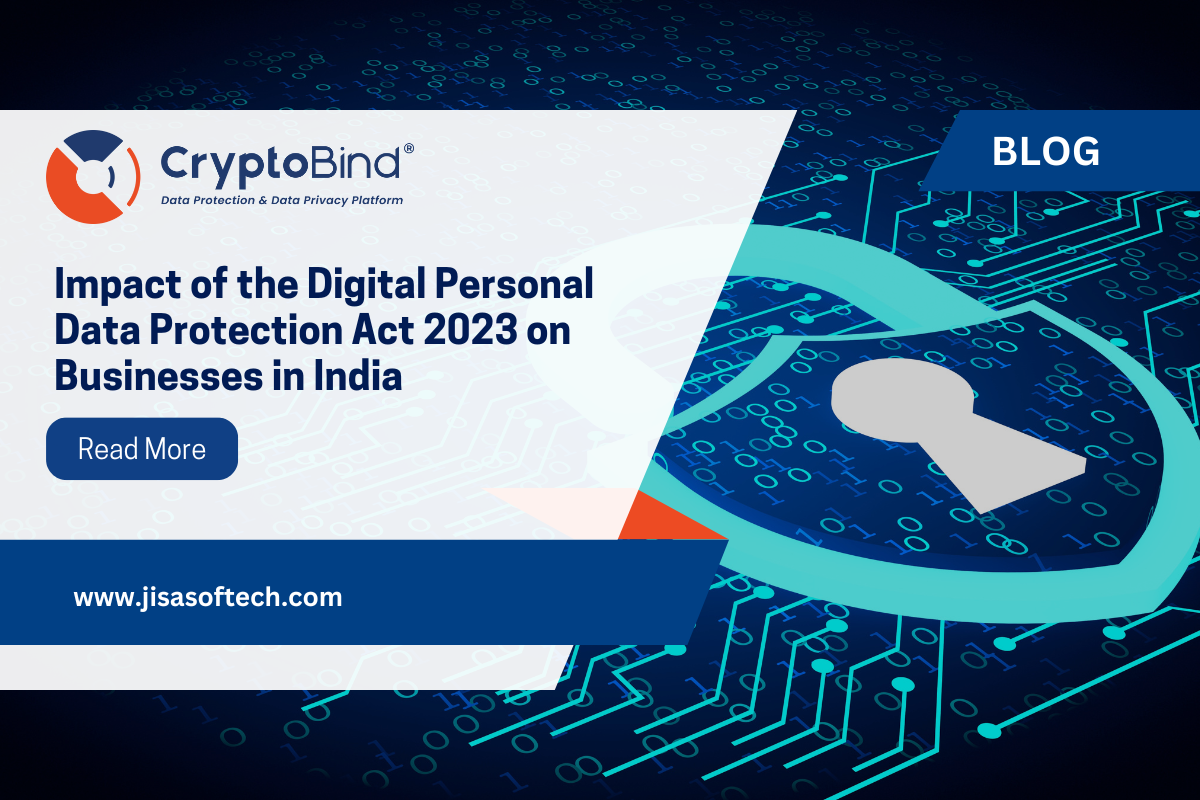The Digital Personal Data Protection Act (DPDPA) of 2023 has brought about a significant shift in the landscape of data protection and privacy regulations in India. This groundbreaking legislation aims to enhance the security of personal data in an increasingly digital world, thereby reshaping the way businesses handle customer information and ensuring greater accountability.
Under the provisions of the DPDPA 2023, businesses are required to adhere to a comprehensive framework that mandates the secure processing of personal data. This includes obtaining explicit consent from individuals before processing their data, unless certain exceptions apply, such as legal obligations or state functions. As a result, organizations must re-evaluate their data management strategies to ensure compliance with the new regulations, focusing on aspects such as consent, data accuracy, secure processing, and timely deletion of personal data.
The broad applicability of the DPDPA extends to both online and offline data, encompassing information that is digitized at a later stage. It also applies to entities outside India that offer goods or services to Indian residents, emphasizing the importance of protecting personal data irrespective of geographical boundaries. The Act prioritizes stringent consent requirements, enhances data principal rights, and establishes a Data Protection Board of India to oversee compliance and enforcement.
The impact of the DPDPA is felt across various sectors, prompting organizations to revamp their operations to ensure compliance. In the financial services industry, institutions must secure explicit consent for data processing, leading to increased operational costs but also fostering transparency and trust among customers. E-commerce businesses face challenges related to processing children’s data and must adjust their marketing strategies to comply with the new regulations. Similarly, the healthcare sector is investing in secure data storage and processing technologies to safeguard sensitive medical information, while technology companies are reassessing their data management systems to integrate advanced privacy technologies.
To navigate the requirements of the DPDPA successfully, businesses need to take strategic steps, including redefining consent mechanisms, incorporating privacy by design principles, establishing clear data retention policies, implementing breach management frameworks, and empowering data principal rights. While compliance with the DPDPA may require investment, it also presents opportunities for innovation and trust-building, enabling businesses to position themselves as leaders in data ethics and security.
In conclusion, the Digital Personal Data Protection Act of 2023 heralds a new era of data protection and privacy in India, emphasizing transparency, accountability, and customer empowerment. By aligning their operations with the provisions of the Act, businesses can not only meet regulatory requirements but also drive innovation and sustainable growth in a data-driven world. Adhering to the DPDPA will serve as a catalyst for long-term success and help organizations build trust with their customers in the digital economy.
To ensure compliance with the Digital Personal Data Protection Act 2023, businesses can leverage advanced data protection and data privacy solutions such as CryptoBind. These comprehensive tools offer robust encryption, secure data processing, and complete control over data access, enabling organizations to protect customer data, build trust, and mitigate risks effectively. By implementing these solutions, businesses can effortlessly achieve DPDPA compliance and safeguard their operations in an increasingly digitalized environment. Contact CryptoBind now to learn more about how their solutions can support your journey towards DPDPA compliance.


